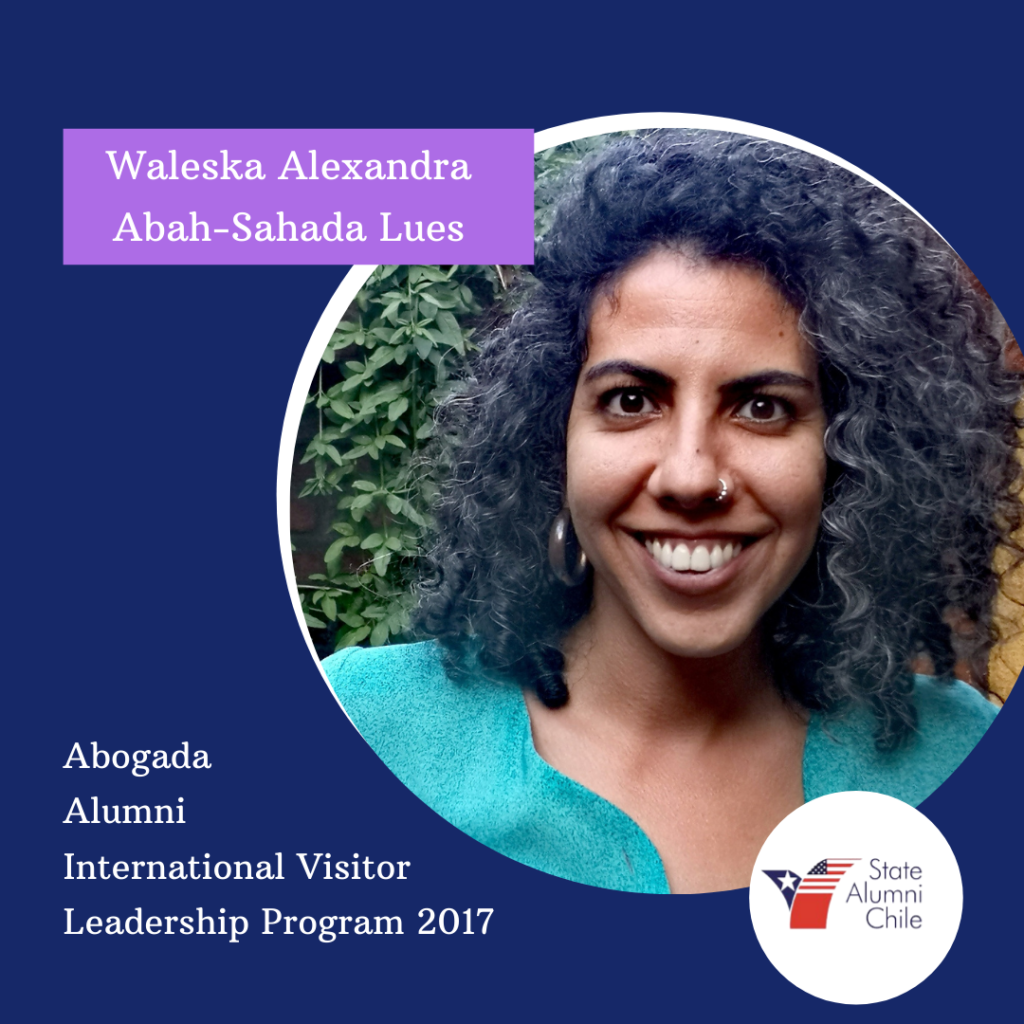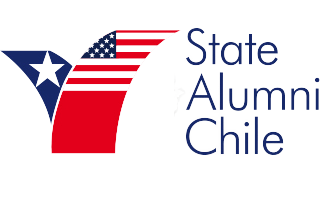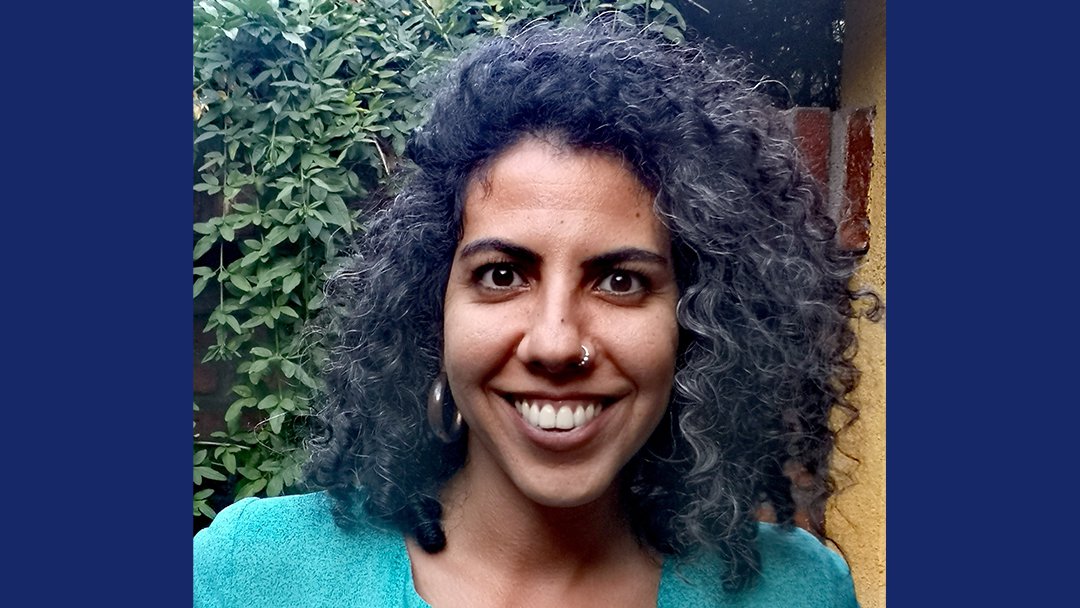Lawyer from the Universidad de los Andes, graduated with maximum distinction. She holds a Diploma in International Human Rights Law from the University of Chile and is currently studying for a Master's in Management and Public Policy at the same University.
Since 2014, she has worked as a lawyer in the Department of Immigration, where she designed, coordinated and implemented public policies to address the issues of human trafficking, migrant smuggling and statelessness. On behalf of the State of Chile, she attended different international events associated with these initiatives, as well as negotiation instances within the framework of the Pacific Alliance and Mercosur.
Currently, she works as a lawyer in the Children's Rights Ombudsman, an instance in which she performs various tasks regarding the protection of the rights of children and adolescents in the national territory, such as monitoring and managing requirements, reports and recommendations to the State of Chile, as well as developing some work with the intersector for the supervision of the State's actions in these matters.
Study Program
During 2017, I was selected to participate in the IVLP (International Visitor Leadership Program) on the fight against human trafficking, which was undoubtedly one of the most enriching experiences, both personally and professionally, that I have lived at present.
During the completion of this program (which lasted approximately one month) I had the fortune of meeting incredible colleagues from different parts of the world who had great professional experience in the subject of human trafficking. This experience in participating in different meetings and all the activities of the Program, also allowed me to gain insight into the dynamics of the American society, not only for the fight against trafficking through the articulation of the different powers of the State and civil society, but also as a whole society. The possibility of learning about their culture from so close and having been able to travel to different states of the USA, is something that enriched my professional career and my personal development, as well.
What do you do to support other women?
It seems to me that this question should be answered on two levels and the first one relates to a personal one. I think that the term sorority should not be used lightly, but implementing it in a concrete way in our everyday life, as support to other women, horizontally, taking place on a daily basis and on different scales: with the women in the family, my sister, my mother; with my friends; with my co-workers; but also, in dealing with every woman in the different daily interactions. On the other hand, on a professional level, I am fortunate to be able to contribute to the development of public policies, so that girls and adolescents in Chile are considered subjects of law, overcoming the patriarchal and adult-centered visions which our society is still based on


